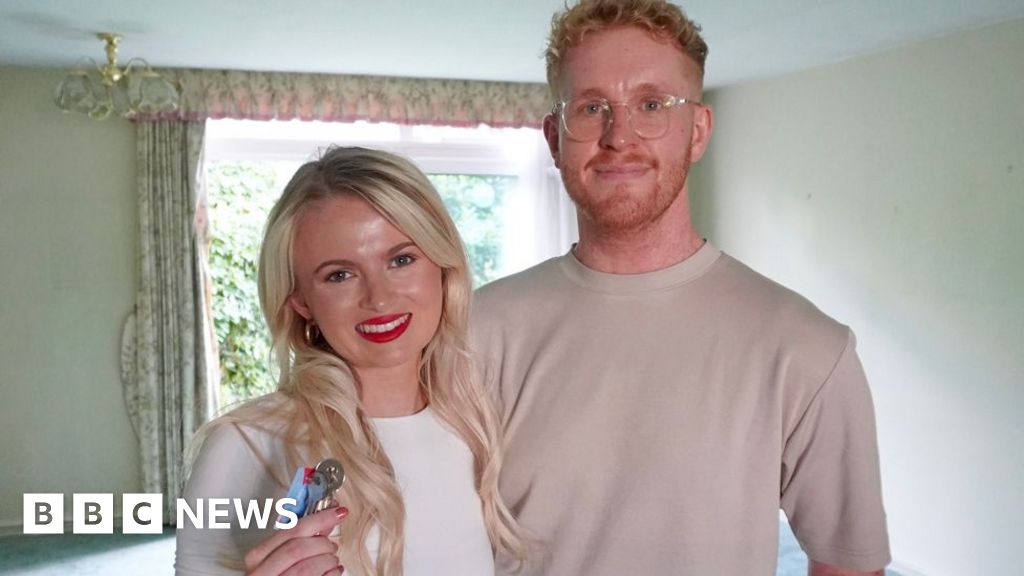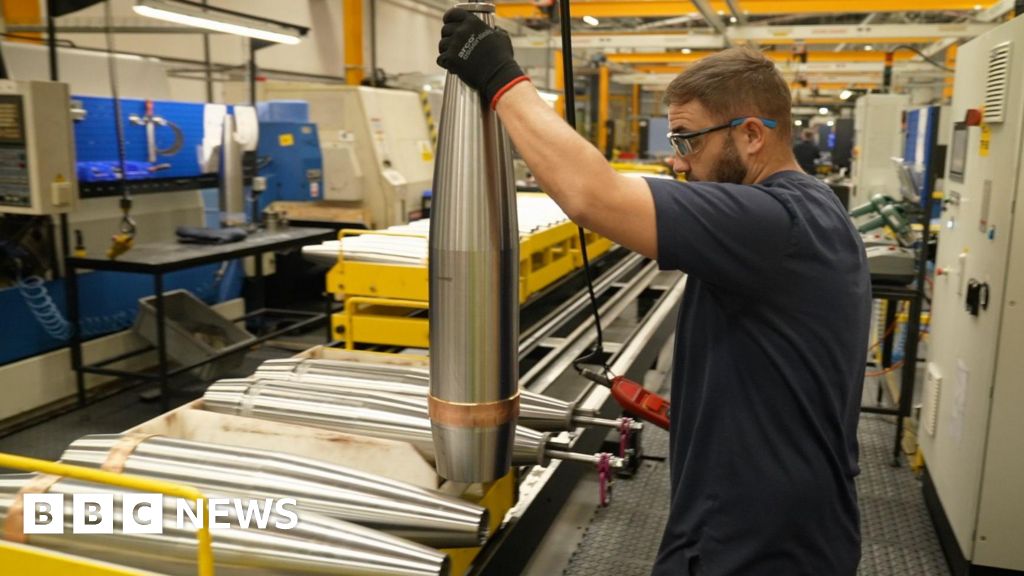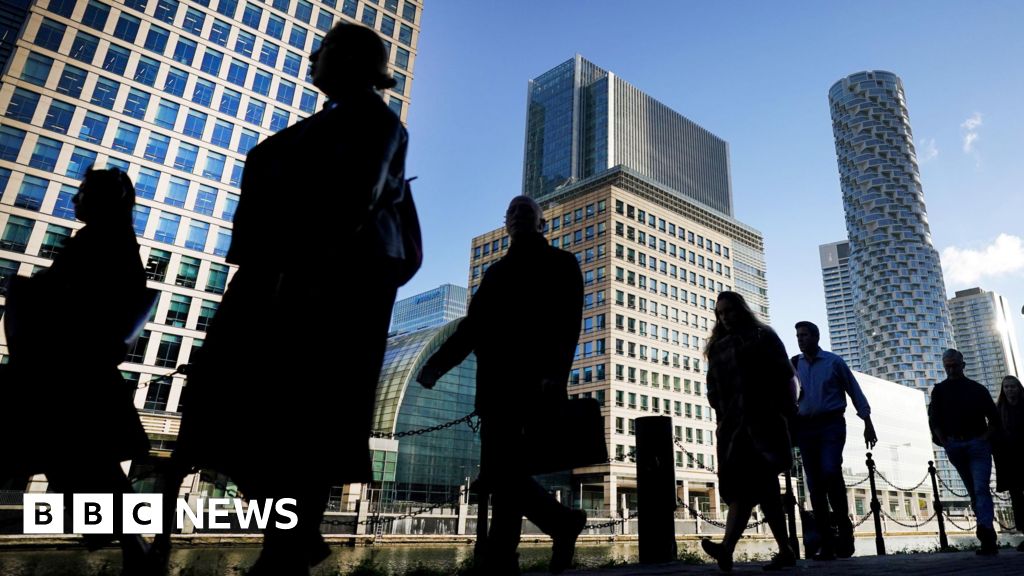ARTICLE AD BOX
Pig farmers fear they may soon have to start killing their animals because of a carbon dioxide shortage at abattoirs caused by soaring gas prices.
CO2 is used to stun animals before slaughter, but some suppliers of the gas have temporarily halted production due to rising energy costs.
"Thousands of pigs are backlogged on farms," said farmer Kate Morgan.
"If we can't kill our pigs in an abattoir, then unfortunately we will be resorting to killing them on farms."
Carbon dioxide used by the meat industry is a by-product of fertiliser production. The gas is also used to keep food fresh as well as in dry ice and fizzy drinks.
CF Industries, the US-based business which produces about 60% of the UK's food grade CO2, has suspended production at two UK fertiliser plants. Norwegian firm Yara has also cut production at a number of European factories.
'Pretty dire'
Ms Morgan, who runs a pig farm near Driffield, east Yorkshire, told 5Live's Wake up to Monday programme the situation for the industry was already "pretty dire" because of labour shortages. Now, meat shortages at supermarkets are a real possibility, she said.
"Abattoirs have about a week's supply of gas. It's a chain: We have constantly got pigs coming out of the breeding herd that need to go in homes. Those homes need to be emptied."
Her farm sends about 1,500 pigs each week to abattoirs.
Killing her own animals is not something she can bear thinking about. "I can't even begin to think how we would do it. I don't want to put people who work for us in that situation," Ms Morgan said.
Killing on-farm means it's not meat that would be able to enter the food supply chain. "It would be wasted," she said.
Andrew Saunders, a director at the UK's biggest pig producer, Pilgrims Pride, said there is no alternative to stunning with CO2. "It is an essential part of the process," he told the BBC.
Mr Saunders, also chairman of the British Meat Processor Association, said: "80% of pigs in the UK are slaughtered in about 10 abattoirs, and those abattoirs all use CO2 stunning systems. We already face some challenges regarding keeping those abattoirs operational - some shortage of labour in those plants."
image source, Getty Images
He said pigs can be kept on farms for only "a very short period of time. They go beyond their target slaughter weight, they're then unsuitable for size of packets we have for our customers".
He added: "We hope the government can turn around to intervene to get these CO2 plants up and running again. The particular plants in question supply about 60% of all UK needs and something's required here to get this going pretty quickly."
'Shock'
Ranjit Singh Boparan, owner of UK poultry giant 2 Sisters Food Group, said the decision by CF Industries to halt operations, was a "massive body blow" for the food sector and placed it "at breaking point".
While Adam Couch, the boss of pork producer Cranswick said the industry was "already at tipping point ahead of the demanding Christmas period".
"We have worked tirelessly throughout the pandemic to keep food on the shelves, but there is a real risk of product shortages across the country if the government does not act immediately to address these issues," he said.
The boss of one supermarket chain said there was no immediate sign of a serious meat shortage, but he added the situation needed a quick resolution.
Richard Walker, managing director of Iceland, said: "We're now as a business building up our stocks on key lines like frozen meat just to make sure we can deal with any unforeseen issues. But at the moment we're fully stocked, our suppliers are OK, but we do need this sorted as quickly as possible."
He added: "The thing that has shocked me is that 60% of [CO2] production is concentrated in two factories which are both owned by a foreign business.
"This is something that's clearly critical to national security - not just food but also healthcare as well. So it seems quite perplexing that it's at the whim of a private enterprise in terms of whether it's profitable or not and therefore whether they produce the stuff or not.
The government needs to prioritise CO2 supplies, get these factories back up and running for food production to limit disruption to supermarket supplies, he said.
Tony Will, chief executive of CF Industries, has held talks with the government over production at its two fertiliser plants, but the outcome is not clear.
Business Secretary Kwasi Kwarteng tweeted that he had met Mr Will and "discussed the pressures the business is facing and explored possible ways forward to secure vital supplies, including to our food and energy industries".
On the wider issue of rising wholesale gas prices, Prime Minister Boris Johnson, who is in New York for a UN General Assembly meeting, said the problem was "temporary".
He added that he was "very confident" in the UK's supply chains and that market forces should be "very, very swift" in fixing the issues but that government would help where it could.

 3 years ago
59
3 years ago
59








 English (US) ·
English (US) ·